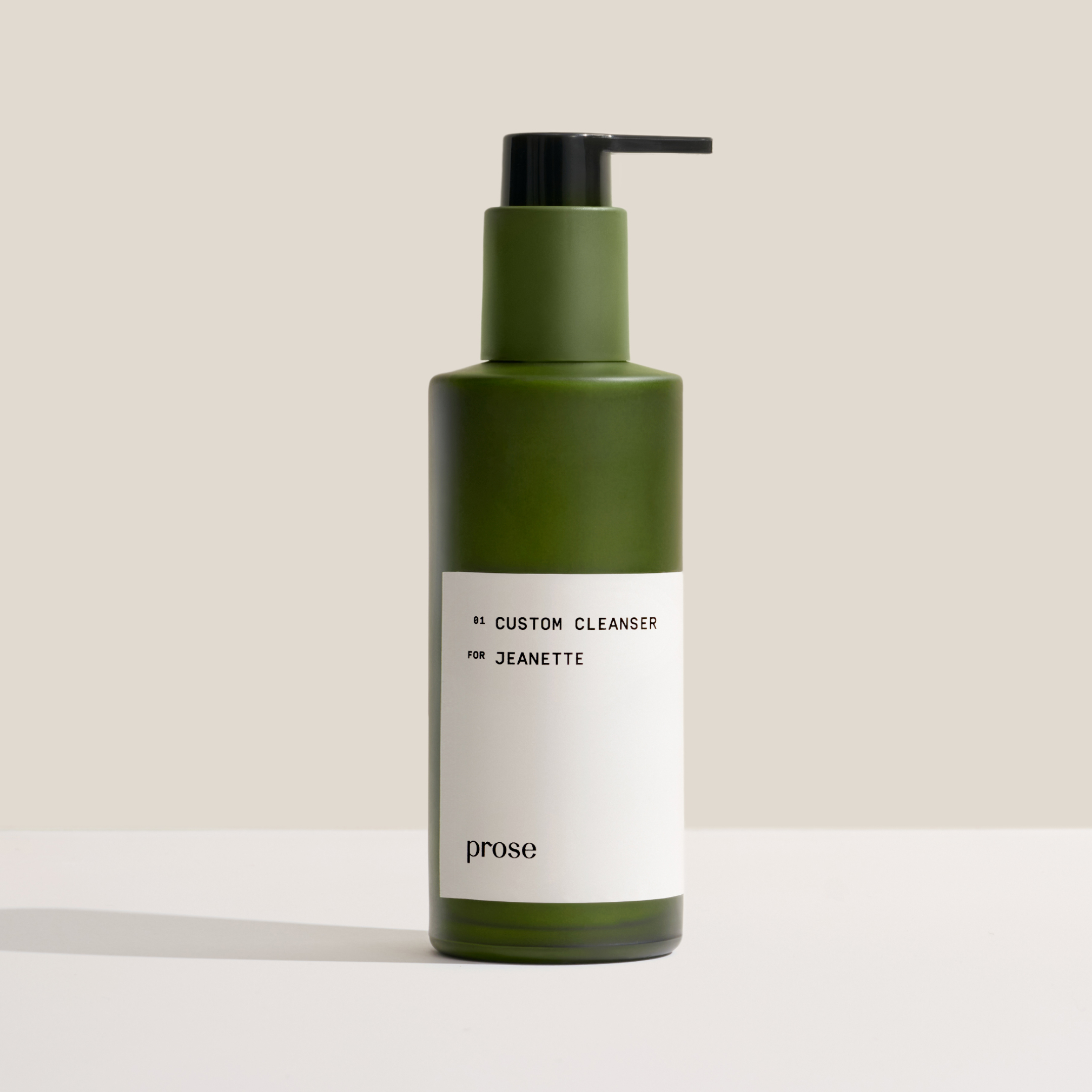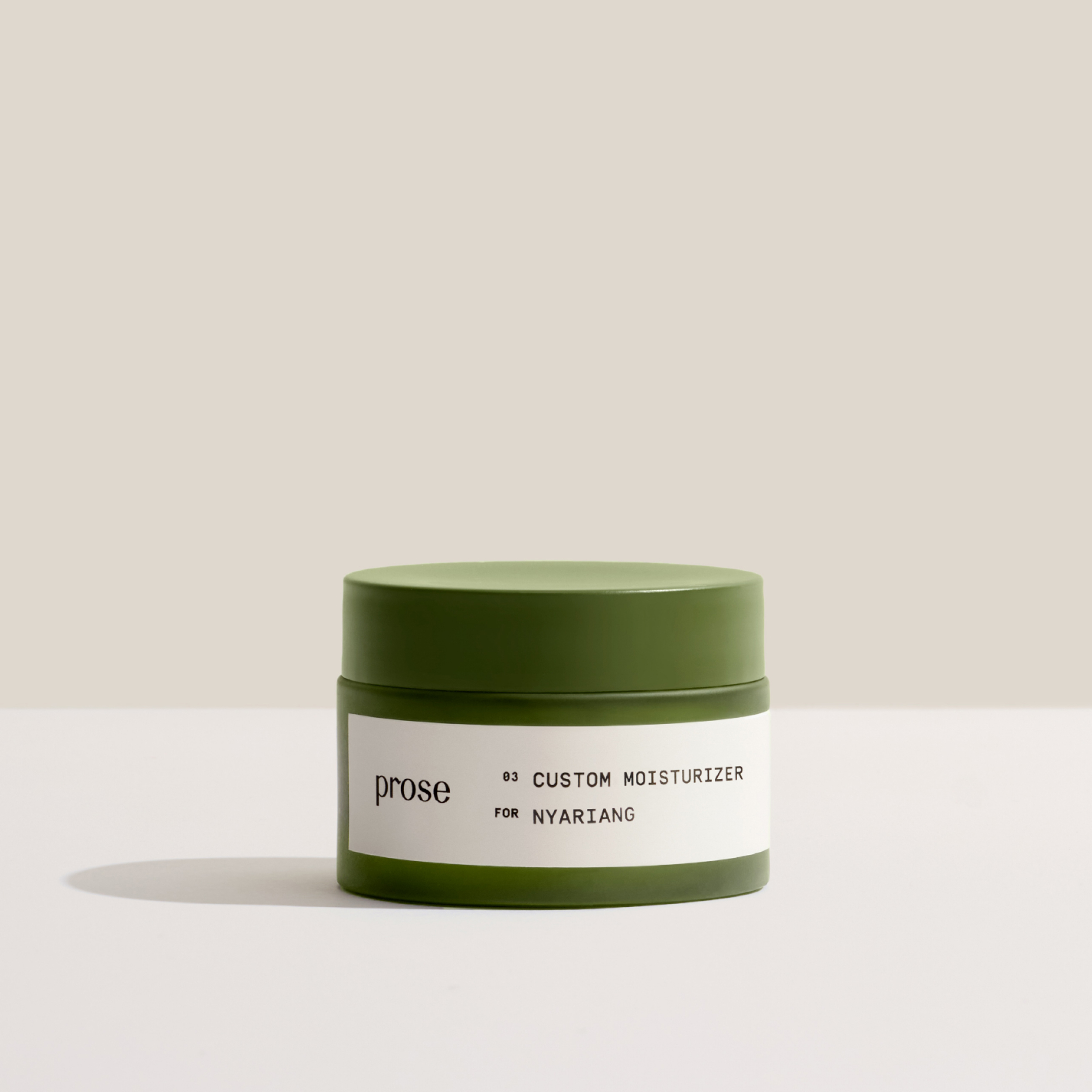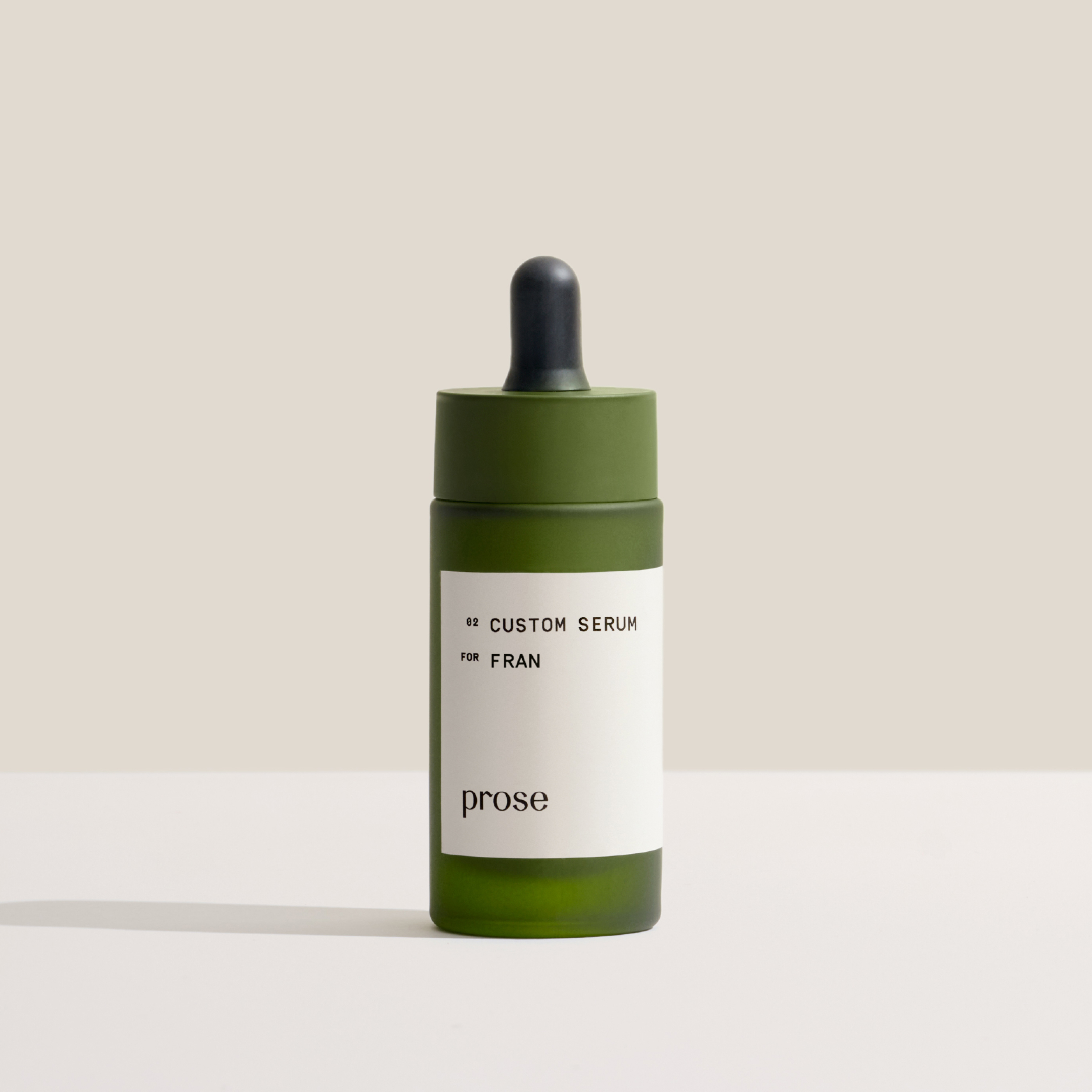Coconut Oil for Skin: Benefits, Uses, and Considerations

Introduction to Coconut Oil for Skin
Coconut oil has been a staple in tropical regions for centuries, known for its numerous health and beauty benefits. Packed with fatty acids, antioxidants, and vitamins, coconut oil is often used to moisturize, soothe, and protect the skin. But as popular as it is, it’s essential to understand how coconut oil can work for your unique skin needs. Let’s look at the benefits and how to incorporate it into your routine.
Coconut Oil Benefits for Skin
Coconut oil offers a variety of skin benefits, from moisturizing to soothing irritated skin. Here are the main advantages:
1. Intense Hydration
One of coconut oil’s most significant benefits is its ability to deeply hydrate the skin. The medium-chain fatty acids, especially lauric acid, help lock moisture into the skin, making it an effective solution for dry or dehydrated skin. If you struggle with flaky, rough skin, coconut oil can restore softness and smoothness.
2. Improved Skin Lipid Levels
Studies have shown that coconut oil can increase skin surface lipid levels, which enhances the skin’s natural barrier function. This helps to lock in moisture in and keep irritants out. If you have dry or sensitive skin, this makes coconut oil a natural remedy to restore balance and improve skin texture.
3. Soothing and Anti-Inflammatory
Virgin coconut oil has natural anti-inflammatory properties that can help reduce redness, swelling, and irritation. This makes it a great choice for soothing sunburns, eczema flare-ups, or other skin sensitivities.
4. Antioxidant Protection
Rich in antioxidants such as vitamin E, coconut oil protects the skin from oxidative stress and free radical damage. This helps prevent premature signs of aging, such as fine lines and wrinkles, and boosts skin elasticity.
5. Antibacterial and Antifungal Properties
Coconut oil contains antimicrobial properties that help combat bacteria and fungi on the skin. This makes it useful for individuals with acne-prone skin or those prone to fungal infections. By controlling bacteria, coconut oil may also help reduce breakouts and promote clearer skin.
How to Use Coconut Oil in Your Skincare Routine
Here’s how to incorporate coconut oil into your skincare routine:
1. To Moisturize Your Skin
Coconut oil can be used as a moisturizer for both your face and body. After cleansing, gently massage a small amount into your skin to lock in hydration. When it comes to coconut oil for face, use it sparingly to avoid feeling greasy, especially if you have oily or combination skin.
2. As a Makeup Remover
Coconut oil can also double as a gentle makeup remover. Its oil-based formula effectively dissolves makeup and impurities without stripping the skin. Massage a small amount into your face, then wipe away with a cotton pad or rinse with water.
3. Nighttime Skincare
Coconut oil makes an excellent addition to your night skincare routine. Apply it as the last step to seal in moisture overnight.
4. After-Sun Care
If you’ve spent a little too much time in the sun, coconut oil can help soothe and hydrate sunburned skin. It provides relief by reducing inflammation and restoring moisture, helping your skin recover.
Potential Drawbacks and Considerations
While coconut oil can be beneficial for skin, there are some things to keep in mind:
1. Can Clog Pores
Coconut oil is comedogenic, meaning it can clog pores for some people, especially those with oily or acne-prone skin. If you have acne-prone skin, use coconut oil sparingly and test it on a small patch of skin.
2. Heavy Texture for Oily Skin
Because coconut oil is rich and thick, it may not be suitable for people with oily or combination skin. It can feel greasy and may contribute to excess shine. If you’re concerned about this, try using it only on dry areas or as a body moisturizer.
3. Possible Allergic Reactions
Though rare, some people may experience allergic reactions to coconut oil, including irritation or breakouts. It’s always a good idea to do a patch test before applying coconut oil to larger areas of your skin.
Comparisons with Other Oils
Coconut oil isn’t the only oil that offers skincare benefits. Here’s how it compares to a few other popular oils:
Coconut Oil vs. Argan Oil
Both coconut and argan oils are excellent moisturizers, but they have different textures. Coconut oil is thicker and heavier, making it better suited for dry skin. Argan oil, on the other hand, is lighter and absorbs faster, making it ideal for oily or combination skin.
Coconut Oil vs. Rose Hip Oil
Rose hip oil is prized for its regenerative properties and its ability to reduce scars and hyperpigmentation. While coconut oil is primarily focused on hydration and soothing, rose hip oil is more suited for those dealing with signs of aging or uneven skin tone.
Coconut Oil vs. Jojoba Oil
Jojoba oil is lighter and closely mimics the skin’s natural oils, making it a good option for oily or acne-prone skin. Coconut oil, by contrast, is richer and better suited for dry skin.
TLDR: Frequently Asked Questions
1. Can I use coconut oil for my skin every day?
Yes, coconut oil can be used daily, especially for dry skin. However, if you have oily or acne-prone skin, it’s best to use it sparingly or only on dry areas.
2. Is coconut oil good for your face?
Coconut oil is a great option for dry or sensitive skin on the face. For oily or acne-prone skin, it may feel too heavy and could clog pores.
3. Does coconut oil block pores?
Coconut oil is comedogenic, which means it may block pores and cause breakouts for some people. If you have acne-prone skin, it’s best to use it cautiously or opt for a lighter oil.
If you’re looking for a skincare regime that works for your unique needs, check out more tips on how to build a skincare routine and claim your complimentary Prose skin consultation.






Comments [0]